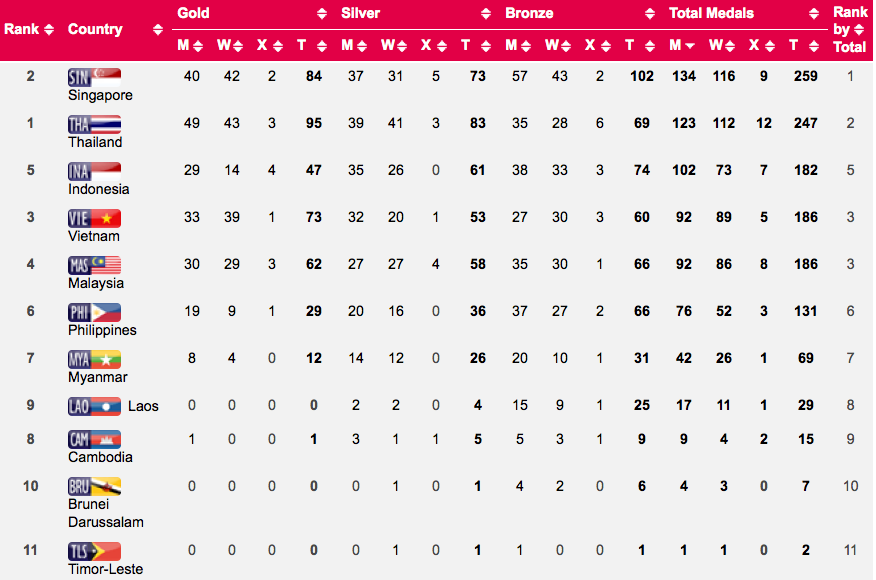If you have not been following the 28th SEA Games closely over the past three days and still think that Singapore is top of the medal tally, it's time to look away now.
This how this edition of the SEA Games finished, in terms of medals:
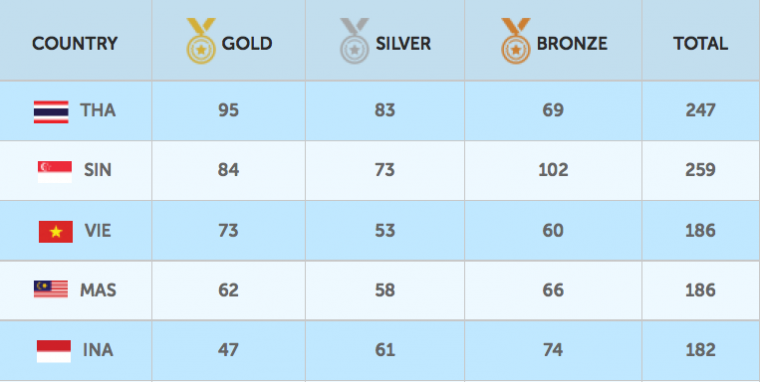 Screengrab from SEA Games website
Screengrab from SEA Games website
Alas, it is true — Singapore came in second in the official medal tally, where countries are ranked by the number of gold medals they have won.
Despite our record haul of 84 gold medals, Team Thailand is the official “winners” of the 2015 SEA Games, taking home a total of 95 gold medals.
But of course, there are many ways to skin a cat. In the spirit of always having to be number one in everything, we present seven alternative ways to look at the gold medal tally so that Singapore stays firmly at the top of the charts.
1) Total number of medals won: 259
The first is the easiest — let’s rank ourselves by the total number of medals won. Singapore is the top of the charts with a staggering 259 medals won across 402 events in 36 sports and disciplines — 12 more than Thailand in second place.
By the way, here's another pretty awesome thing: Team Singapore won medals in 33 of the 36 contested sports. And in case you are wondering — Pétanque, Tennis and Football (we're looking at you, FAS) are the three sports in which we failed to make it onto the podium.
In fact, there is a function on the official SEA Games website to view the medal tally in this said manner (remember to click the arrow on the right-most column):
2) Number of days spent at the top of the medal tally: 12
On 2 June, three days before the Opening Ceremony, Singaporean table tennis doubles pair Lin Ye and Zhou Yihan won the first 28th SEA Games gold medal in the female doubles event. From that moment on, Singapore had led the gold medal tally for 12 consecutive days until eventual winner Thailand overtook the host nation on 14 June.
Since no other nation spent time atop the medal tally, if we consider the overall winner to be the nation to have led the pack for the most number of days throughout the Games, then yes — Singapore will come up tops again.
And here's another fascinating factoid: with the final match for Men’s Water Polo ending around 3pm of the final day of the sporting events, Singapore had also won the last gold medal of the Games. Talk about starting and ending on a high note.
3) Most bemedalled individual: Quah Zheng Wen (12 medals – 7G 4S 1B)
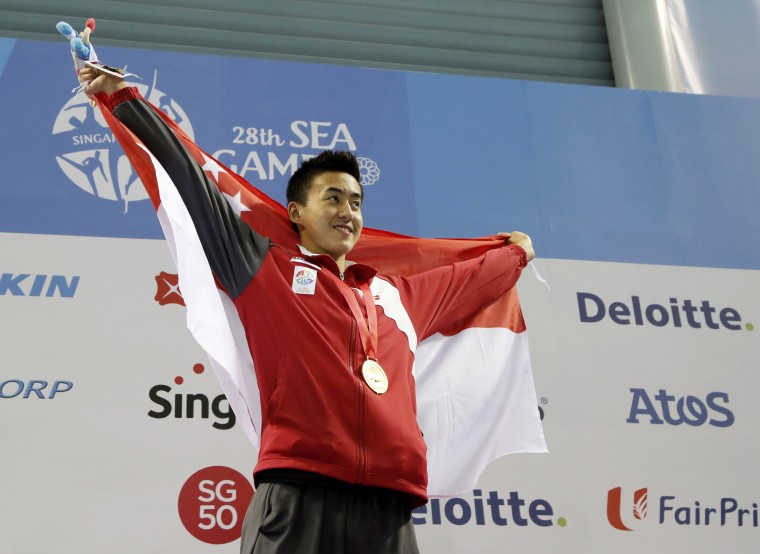 28th SEA Games Singapore 2015 - OCBC Aquatic Centre, Singapore - 8/6/15 Swimming - Men's 200m Backstroke - Final - Singapore's Quah Zheng Wen on the podium (Mandatory Credit: Singapore SEA Games Organising Committee / Action Images via Reuters)
28th SEA Games Singapore 2015 - OCBC Aquatic Centre, Singapore - 8/6/15 Swimming - Men's 200m Backstroke - Final - Singapore's Quah Zheng Wen on the podium (Mandatory Credit: Singapore SEA Games Organising Committee / Action Images via Reuters)
If we look at the SEA Games purely in terms of personal achievement (we don’t, thankfully), Singapore will again be number one as we can count among our ranks the most bemedalled athlete of the 28th SEA Games.
18-year-old swimmer Quah Zheng Wen is the fairest of them all, which 12 medals total in his 12 competed events, seven of which gold. The teenager also broke three individual Games records along the way, making us wonder what this young boy could have achieved individually if not for a certain Joseph Schooling.
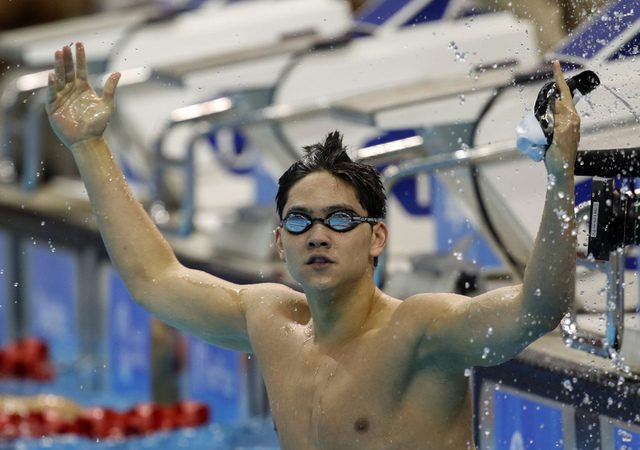 28th SEA Games Singapore 2015 - OCBC Aquatic Centre, Singapore - 7/6/15. Swimming - Men's 100 Freestyle - Final - Singapore's Joseph Schooling celebrates winning. (Mandatory Credit: Singapore SEA Games Organising Committee / Action Images via Reuters)
28th SEA Games Singapore 2015 - OCBC Aquatic Centre, Singapore - 7/6/15. Swimming - Men's 100 Freestyle - Final - Singapore's Joseph Schooling celebrates winning. (Mandatory Credit: Singapore SEA Games Organising Committee / Action Images via Reuters)
4) Number of gold medals per km2 of land mass: 8.62km2 per gold medal
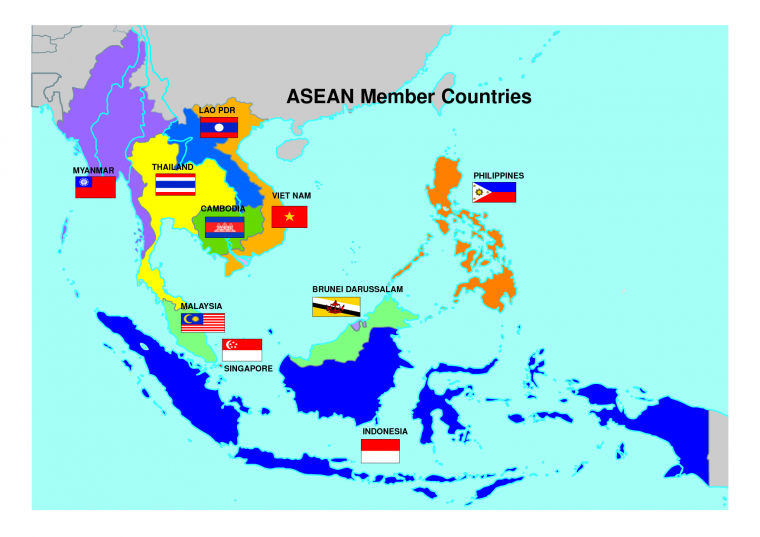 Photo: Centre for Research on Globalization
Photo: Centre for Research on Globalization
Singapore is, of course, the smallest nation in terms of land mass, out of the 11 participating nations of the 28th SEA Games. Therefore, it will be no surprise that if we are tops if we rank the medal tally by the smallest land mass per gold medal won.
If we distribute our 84 gold medals equally across our 724km2 of land mass, every 8.62km2 will have one gold medal. By the same yardstick, the next country on the list is Vietnam with one gold medal per 4,537km2 of land mass — around 500 times more.
5) Number of gold medals per capita: 66,119 per gold medal
In terms of population, Singapore is not the smallest in South-East Asia. Timor-Leste and Brunei are about five and ten times smaller respectively but neither of them had won a gold medal in the 28th SEA Games.
Hence, if we view our number of gold medals from a per capita perspective, we will come up tops again with a gold medal every 66,119 of our population.
We will again be runaway leaders in this particular view of the medal tally with Malaysia coming in second with a gold medal every 484,419 and Thailand at 686,694.
6) Number of gold medals per year of nationhood: 1.68 per year of nationhood
Unless you are living on another planet, you will know that 2015 is the 50th year of nationhood for Singapore. At 50, we are not the youngest nation in South-East Asia with Brunei, Cambodia and Timor-Leste earning full independence later.
However, if we rank the medal tally by the number of gold medals per year of nationhood, we'll come in first yet again. Singapore will enjoy a 1.68 gold medal per year of nationhood, ahead of Malaysia at 1.07 and Vietnam at 1.04.
Before we get too excited, it is my responsibility to highlight that because Thailand has never been colonised by a foreign power in its history, it is always contentious to pinpoint a year of nationhood for the country. For the purpose of this particular comparison, the establishment of the Chakri dynasty in 1782 had been used.
7) Number of gold medals won in “indoor” sports: 60 golds
Let’s split up the 36 sports at the 28th SEA Games into two broad categories – indoor and outdoor sports. There is no official definition of this, so for the purpose of our argument, let’s define an indoor sport as a sport where the events are primarily held under shelter, away from the elements of weather.
Under this broad categorisation, sports like aquatics, bowling, fencing and basketball are considered indoor sports and sports like football, athletics, tennis and rowing are outdoor sports.
With this innovative split, Singapore will be the undisputed winner of the indoor sports category.
Of our total haul of 84 gold medals, a total of 60 (71%) are from indoor sports. This statistic is somewhat skewed by our 23 gold medals in swimming. However, I am sure you will agree with me that Singaporeans enjoy more time under shelter away from the direct sun, athletes and civilians alike!
*All statistics for calculation obtained from the official SEA Games website and Wikipedia
Top photo from SEA Games official website.
If you like what you read, follow us on Facebook and Twitter to get the latest updates.
If you like what you read, follow us on Facebook, Instagram, Twitter and Telegram to get the latest updates.
